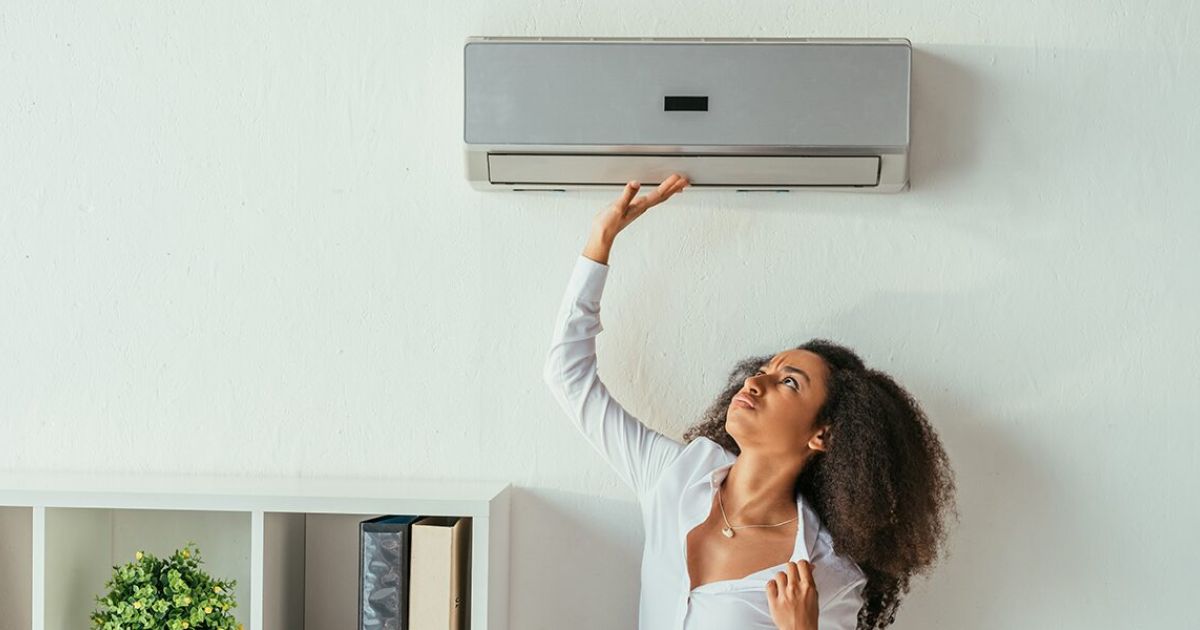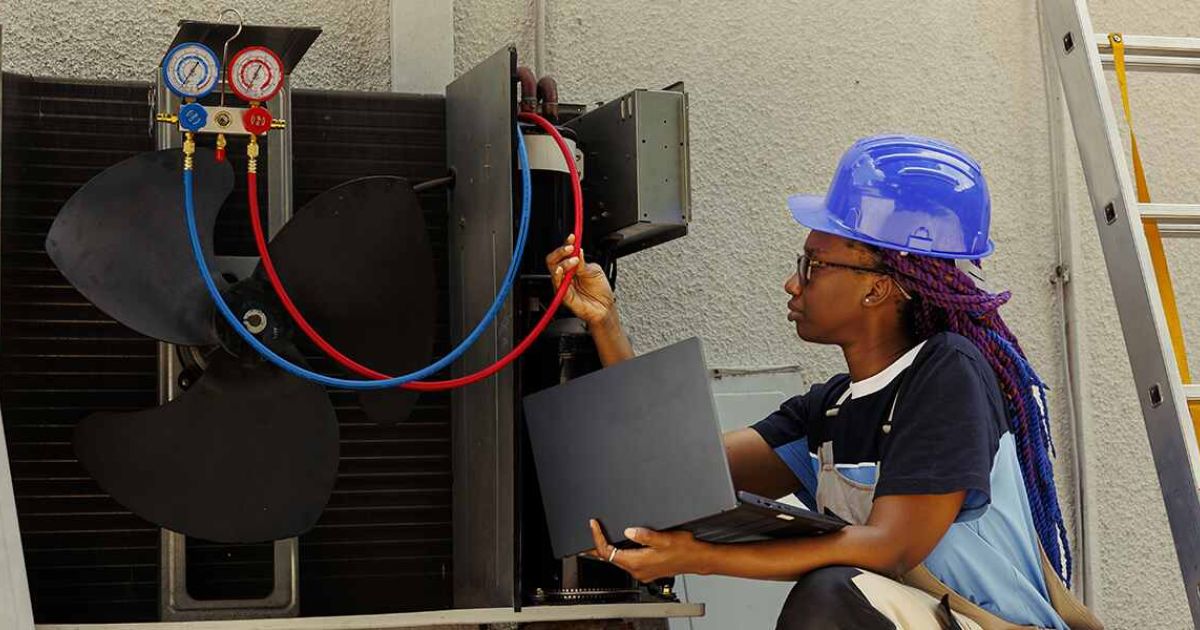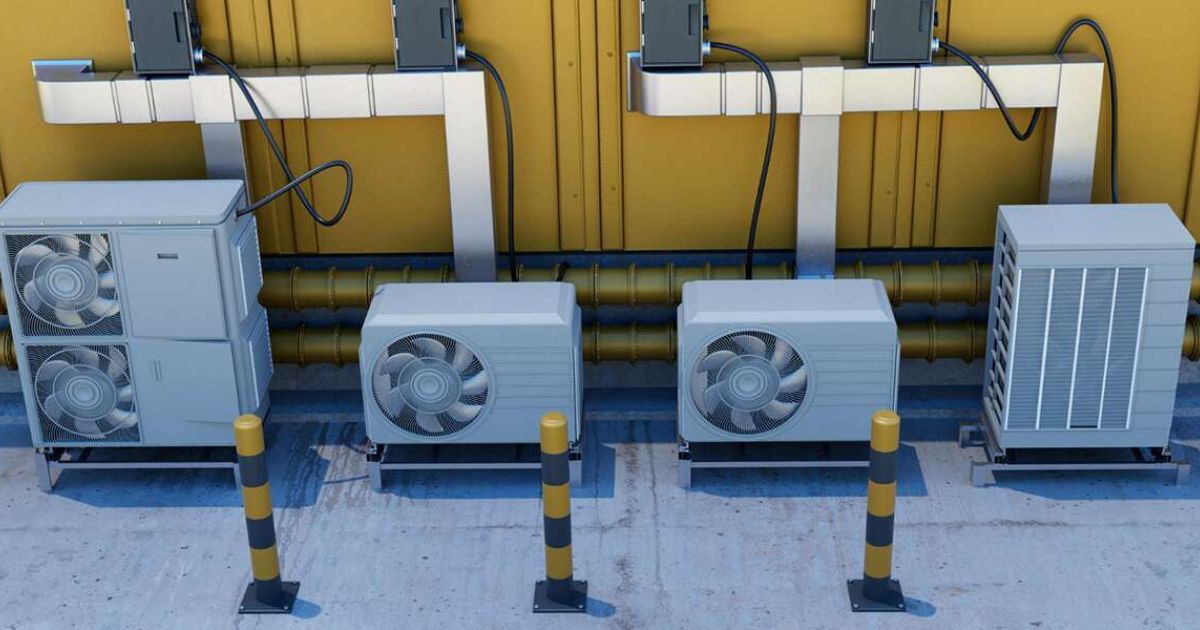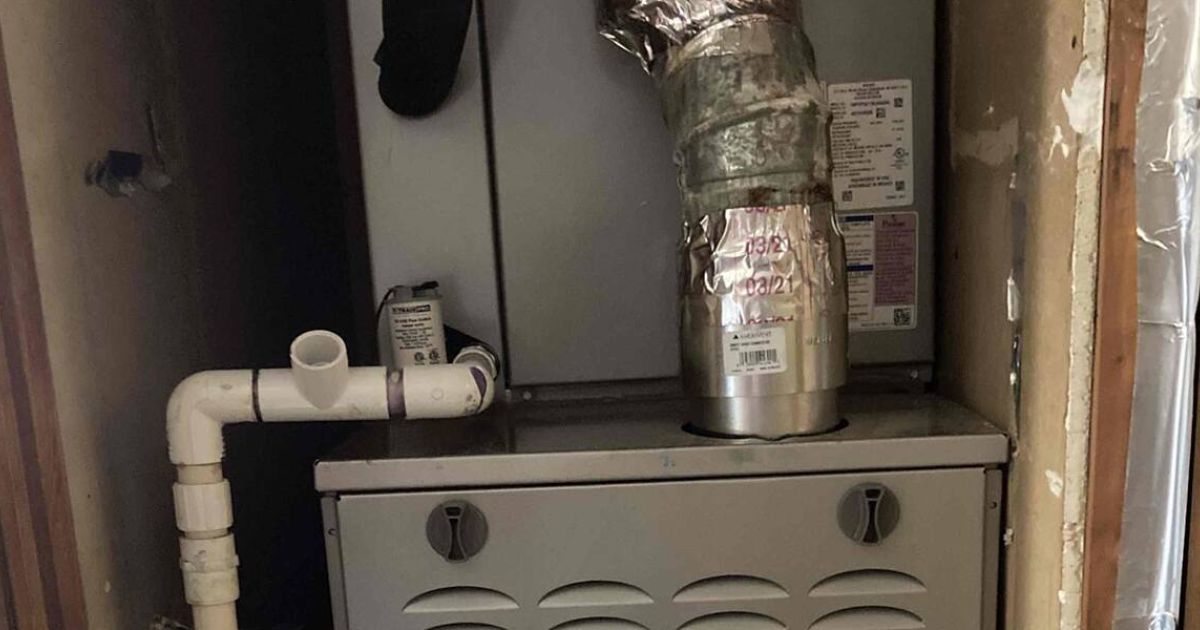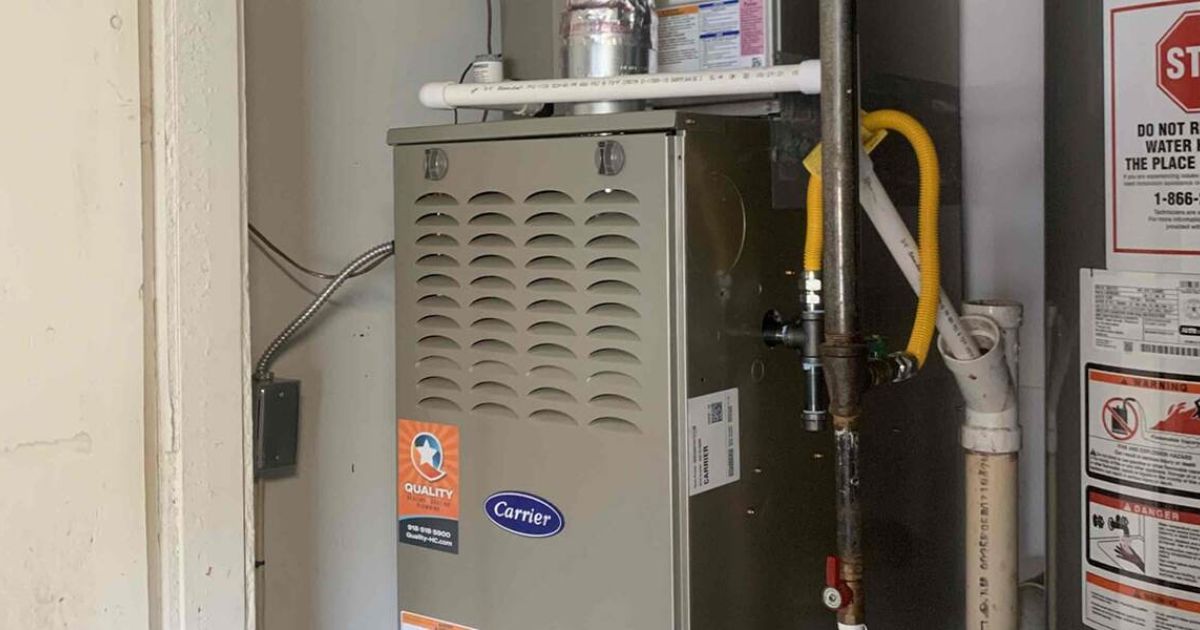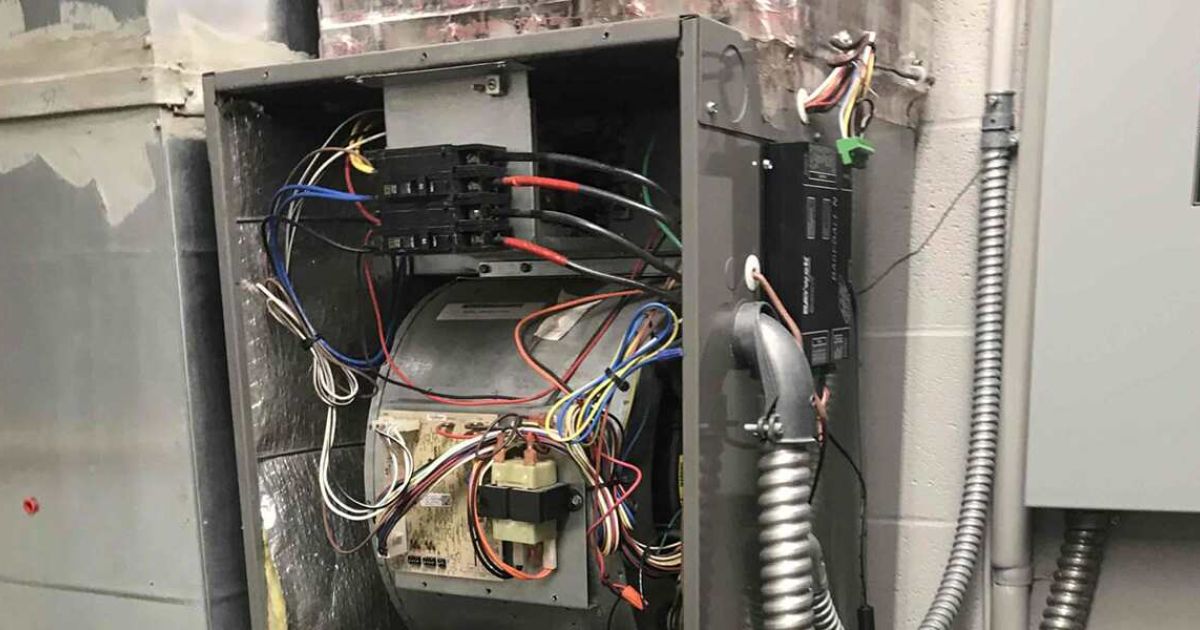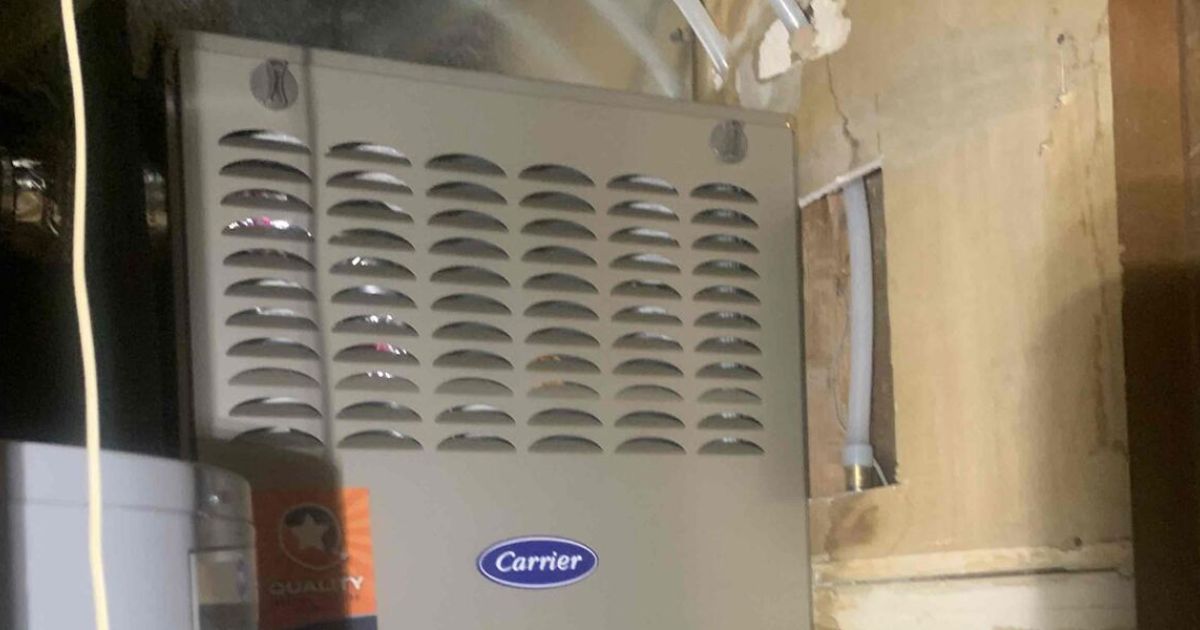
Is your furnace suffering power issues or inconsistent cycling? Call top-rated HVAC professionals from Quality Heating, Cooling & Plumbing for an inspection and maintenance.
When temperatures dip in the winter, you’ll want your furnace functioning on high whenever you’re home. But what about times you’re not home? Is it bad to turn your furnace on and off?
In this blog, we’ll discuss how powering your furnace off and on can either help or hurt your home. While many homeowners think that turning off home systems saves money, it depends on the circumstances. Read on to learn more about how keeping your furnace powered on can improve home comfort and save money.
Call the top-rated heating contractor in Tulsa, OK, when you need electric or gas furnace repair, maintenance, or installation. Our professionals come equipped with the best tools and techniques in the industry to keep your heater optimally functional during the coldest months of the year. Call today to schedule service.
How Furnaces Normally Cycle
It’s actually normal for your furnace to turn on and off throughout the day. Your furnace heats the air in your home and distributes it through ductwork in routine cycles.
When the temperature in your home reaches your desired level, your furnace stops for a period. If your interior temperatures decline again, your furnace will power back on.
Although this is the normal operation cycle for most furnaces, it doesn’t mean that your furnace is turning off and on. Homeowners wondering, “Is it bad to turn your furnace on and off?” are usually referring to fully flipping the power switch. Doing so disrupts the normal furnace cycling and prohibits warm air from flowing.
Times You Might Want to Shut Off Your Furnace
It’s wise to try and save money on your home comfort systems. That’s why people frequently ask our HVAC professionals when it might be wise to power down their furnace. Some common situations where homeowners may want to shut down their furnace include:
- Leaving home daily for school or work
- Seasonal and vacation property needs
- Going on vacation for multiple days
- During signs of furnace disrepair or a gas leak
- Other maintenance or work needs to happen at home
These common situations prompt homeowners to try saving money by shutting down their furnace. However, not every one of these situations mandates a complete furnace power down.
Does Shutting Down a Furnace Save Money
One of the top questions we get about furnace operations is whether turning it off saves money. Ultimately, there are very few situations where shutting off your system will lead to lower utility bills or savings. That’s because adversities and potential damage usually arise when you power off your furnace.
During winter, it’s especially risky to keep your furnace off for any period. Later in this blog, we’ll discuss some of the risks of powering off your furnace during the winter and otherwise.
Consider installing an energy-efficient furnace for savings on your monthly bills.
Risks When Turning Off Your Furnace
While asking, “Is it bad to turn your furnace on and off” the potential risks provide a clear answer. The risks of turning off your furnace decrease significantly during the winter. We’ll focus on those consequences since it’s unlikely that you’ll be operating a furnace during the summer.
The main risks of turning off your furnace include:
- Frozen or burst pipes
- Structural damage to your home from contraction and expansion
- Health adversities from decreasing indoor temperatures
- Overworking your furnace when it powers back
Due to these risks, it’s usually best to keep your furnace on.
Alternative Ways of Saving Money on Furnace Operation
Besides turning off your system, there are other ways to reduce the financial impact of your furnace operations.
You can save money by heating your home at a lower temperature of around 60ºF. At this point, your furnace won’t have to cycle frequently to reach the thermostat setting. Because your furnace still keeps your home above freezing temperatures, though, this setting stops the furnace from overworking when you turn up the heat.
Another strategy is installing heated floors. Since heat rises, heated floors can keep your entire home warm and improve energy efficiency. Furthermore, you won’t have to set your furnace so high to avoid cold feet in the morning.
Finally, getting a programmable thermostat can lead to significant savings. These systems allow homeowners to set cycling schedules based on their routines and heating needs. As a result, you won’t have to remember to turn down the heat when you leave home for work each morning.
Smartphone and app-based control offers another positive of programmable thermostats. You can use your smart device to optimize the furnace temperature and minimize spending.
When to Turn Off Your Furnace
While turning off your furnace usually won’t yield positive results, there are certain situations where you could shut down your system. Some of the best times to power your furnace down completely include:
- Through the summer
- While away from any vacation property (so long as you winterized the property beforehand)
- With any signs of dangerous operation or significant disrepair, including gassy scents, strange noises, overheating, electronic ignition issues, and more
It’s essential to turn your furnace off in any emergency situation. If you notice signs of disrepair or concerning issues during operation, turn the furnace off and call professionals immediately. The chemical and mechanical components can pose dangers to your family if they experience severe malfunction.
Problems When Repowering a Furnace
Allowing your furnace to operate while you’re away helps avoid issues that can arise during repowering. When you turn your furnace on again, it could allow excess condensation into your flue and ductwork. Increased condensation can lead to rust, corrosion, and mold formation in your HVAC system.
If you had your furnace off during colder winter months, you might have developed issues with ice dams and frozen pipes without realizing it. After repowering your furnace, these problems could prohibit air from flowing through any part of your HVAC system. Thus, you won’t even be able to obtain the warmth you desperately need.
Finally, turning your furnace on after a period away could overwork your system. Because your furnace will have to work harder to compensate for the low temperature in your home, it could cause issues with system operation and energy efficiency.
Other Potential Furnace Problems
Turning your furnace off and on is not the only risk to optimal system operation. Fortunately, professionals can easily resolve many of the other common furnace problems with minor repairs and routine maintenance.
Other common furnace problems include:
- Overloading your system
- Dirty air filters
- Heat exchanger malfunctioning
- Damaged, leaky, or poorly installed ductwork
- Thermostat setting and programming issues
- Improperly sized unit for your home
Enlist Top-Rated HVAC Professionals for Furnace Maintenance from Quality Heating, Cooling & Plumbing
Learning about how a gas vs. electric furnace could impact your home comfort can help you decide on the best system for your home. If you’re not sure how to evaluate your furnace options, contact professionals from Quality Heating, Cooling & Plumbing.
As the top-rated HVAC company in Tulsa, OK, we offer customers high-quality workmanship, efficient turnarounds, and excellent customer service. With financing options suitable for every family, we help everyone keep their home comfortable with optimally functioning HVAC systems.
So, is it bad to turn your furnace on and off? For more information about furnace power and cycling issues, call (918) 262-5245 and request top-rated furnace maintenance from Quality Heating, Cooling & Plumbing.

Cassie Pound is the Vice President of Quality Heating, Cooling, Plumbing & Electric with locations in Tulsa, Glenpool, and Bartlesville, Oklahoma.


